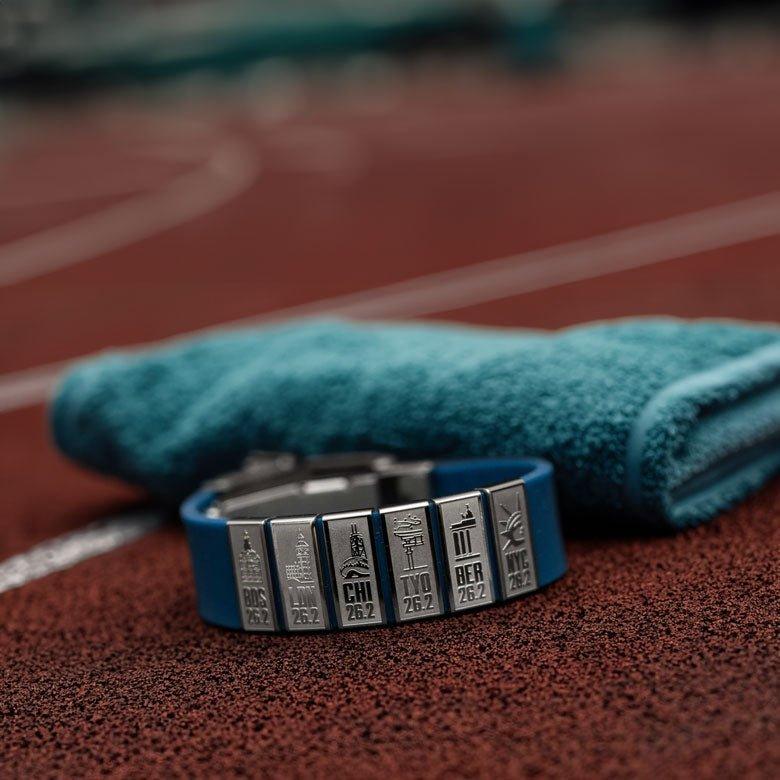The Importance of Hydration for Runners
Water accounts for 50 to 60% of the body mass in most people, and it resides between lean tissue like muscles, the heart, or the liver, which has a higher water percentage than fatty tissue. As a runner, it's crucial to understand how hydration affects your performance, so you can achieve your maximum potential. Let's dive deeper into the science of hydration and running.
The Science of Hydration and Running
Our organism can thermoregulate itself, which means that if it detects an increase in temperature in the body during exercise or not, it utilizes a mechanism to regulate the body´s temperature and get it back to normal. One of these mechanisms is sweat, the primary method of releasing heat from the body. For each liter of oxygen consumed during the exercise, we produce 4 kcal of heat and only use 1 kcal to perform the mechanical work. In athletes, the oxygen consumption is 4 liters per minute during exercise or 918Kcal/hr.
However, just a tiny portion of the heat produced during exercise is released through the skin; the rest passes directly to the core via the connective flow that circulates back to the heart. During an intensive workout equivalent to 80-90% of VO2 max, the heat production of a person can exceed 1000W, while during rest, this is about 70W. It means an increment of 1º C every 4 to 5 minutes if there is no change in the dissipation of body heat. A 70kg man with 15% body fat has a capacity of specific body heat of 3.21 kg/Kg. Therefore, 1000W per minute produces 14,3Kcal (1000Kjx60s=60.000j) of calorific energy, raising body heat to 0,27ºC per minute (70Kg x 3,21Kj/Kg / ºC). This means that the core temperature could reach dangerous levels at 12-15 minutes of exercising, forcing the runner to stop due to fatigue produced by such a degree of hyponatremia (low sodium levels).
Dehydration and Its Effects on Performance
Dehydration affects the velocity of gastric emptying from the fluids ingested during the exercise. A study performed by Neufer, Young, y Sawka in 1989 demonstrated that a slowdown of 20 to 25% of gastric emptying occurred when the athletes reached a level below 5% of their body weight due to dehydration.
Furthermore, dehydration sets a hazardous toll on our health, increasing the risk of heat fatigue and heat strokes that cause cramps and endanger our life. To prevent dehydration, you must consume liquids early in your warm-up, not only to minimize the dehydration levels but also to optimize the bio-ability of ingested fluids.
How to Stay Hydrated as a Runner
It's essential to know the amount of liquid you lose during exercise. To calculate it, weigh yourself before and after the exercise, ideally without clothing. Then, calculate all ingested liquids during the exercise in liters by subtracting the post-workout weight from the pre-workout weight and adding the volume of fluids you consumed. Try to replenish the lost weight during the exercise to end it with, at most, a loss of 1%.
Control your urine color during the day to have the same precise color before beginning the training. Make sure to cover 50% of your losses in the first hour.
Lastly, as a nutrition expert, I highly encourage you to take care of your body and its hydration needs during exercise. Remember that dehydration can have serious consequences on your health, and it can negatively impact your performance during a race or training. By following the tips outlined in this article and staying hydrated, you can optimize your performance and stay safe while doing what you love.
If you have any questions or concerns about your hydration needs, don't hesitate to reach out to a professional sports nutritionist who can help guide you. And as always, happy running!





